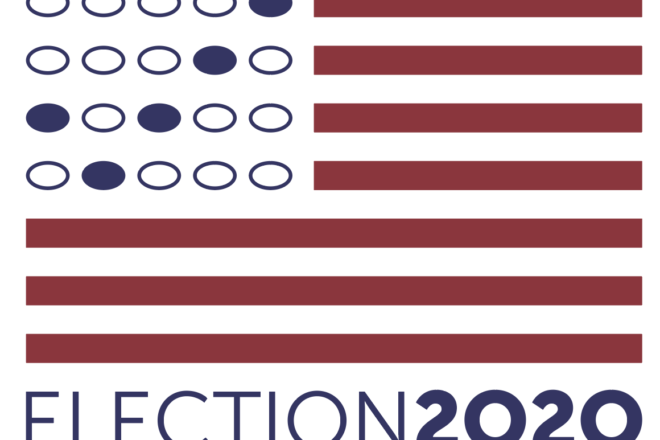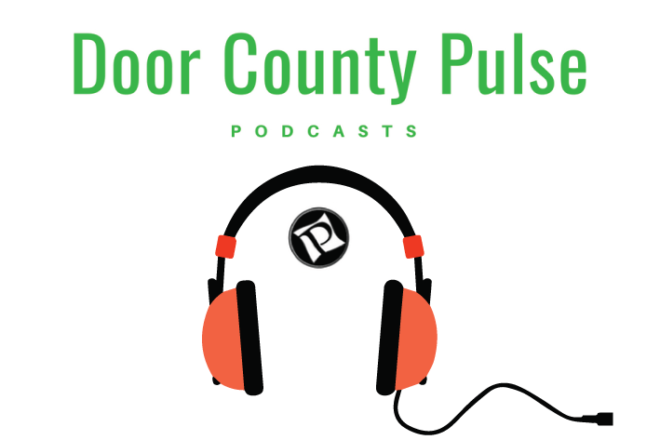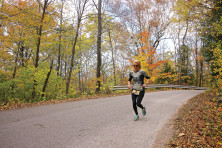County Gets a Lesson in Influence
- Share
- Tweet
- Pin
- Share

State reps say redistricting reform unlikely to gain traction
When the Legislative Committee of the Door County Board of Supervisors met Jan. 20, it got a lesson in what affects state politics, and it wasn’t encouraging for proponents of a county-wide referendum on redistricting reform.
State Sen. André Jacque and state Rep. Joel Kitchens were in attendance to update the committee on legislation that’s moving through the halls of the Capitol and to get feedback from the supervisors on their priorities. The committee heard from a handful of citizens and board members pleading for the county board to support a referendum that would gauge voter support for putting a nonpartisan commission in charge of redistricting.
That would take the responsibility out of the hands of the ruling legislative party. In 2014, the county board passed a resolution in support of the effort.
After extensive committee discussion, Supervisor Bob Bultman asked which makes a greater impact on legislators: a referendum from voters or a county board resolution.
“To be honest,” Kitchens said, “most legislators never see these things.”
Jacque agreed and said that redistricting reform isn’t something that gets a lot of attention from his colleagues.
That’s in large part because the party in power in Wisconsin – whether that’s Democrats or Republicans – has never shown much interest in changing the way maps are drawn and reducing its entrenched control.
That’s something that even advocates for reform agree on. Matt Rothschild of the Wisconsin Democracy Campaign spoke on the topic at the Kress Pavilion in November.
“Right now the party in power will cram as many of the people in the opposing party into as few districts as possible, giving their party more power in the remaining areas,” Rothschild explained.
During past cycles, Democrats proposed cutting Madison like a pie to pull liberal voters into surrounding rural areas, and Republicans have sliced strongholds in the Milwaukee suburbs to create solidly Repbulican districts.
But states such as Iowa have used other models with little controversy and without the costly court battles over the maps that Wisconsin has become accustomed to. In Iowa, maps are drawn by career civil servants with criteria that forbid them from using any data about voter tendencies to inform those maps. They’re required to keep cities and counties intact and to use natural boundaries as much as possible.
Legislative maps are redrawn by statute after the census is taken every 10 years. Jacque and Kitchens are both Republicans, the party in control of both houses of the Wisconsin Legislature. Kitchens is one of six Republican lawmakers to sign on to Assembly Bill 303, which would put redistricting in the hands of the Legislative Reference Bureau, but he said it has little chance of getting to the Assembly floor.
“I signed on to the bill because I do think it’s reached the point that people have lost some faith that democracy is working properly,” Kitchens said. But he does not believe it is as big of a factor as proponents of the Iowa model believe. “I reject the notion that Republicans have a majority because of gerrymandering. It might make a difference in a couple of seats.”
But Rothschild and many others believe that changing the way we draw legislative maps would have a dramatic effect not only on election results, but also on the tone of our political discourse.
“Elected officials can ignore large segments of the public,” Rothschild said. “In Wisconsin, 72 percent of Wisconsinites want to ban gerrymandering, including 63 percent of Republicans and 76 percent of independents. But they’re in safe districts, so they can ignore that. They’re ignoring commonsense gun control, which 81 percent of Wisconsinites want. They’re ignoring medical marijuana because they’re in safe districts, and they’re not going to have to face the consequences.”
That means that representatives don’t need to reach across the aisle or even listen to a large number of their constituents.
“The general election doesn’t really matter in these districts because it’s so lopsided, like in Dane County, that the only elections that matter are the primaries,” Rothschild explained.
That funnels power up to party leadership, which controls how campaign funding is doled out, which bills make it out of committee and whether a candidate faces a well-funded primary challenger. Jacque and Kitchens both said they’re at the mercy of party leadership.
“The last time that a hearing was held on any bill against the wishes of leadership was me,” Jacque explained, “and I was stripped of my committee chairmanship. So that can tell you about how likely it is for anything to move forward in the current environment.”
Kitchens said that even if his bill gets out of committee, “I don’t think it will get to the floor.”
Jacque said he supports improving the redistricting process, but he has reservations about the Senate and Assembly bills now circulating in committee.
“People have maybe focused on one particular idea, the Iowa model, but not addressed some of the difficulties that would have,” he said, citing the allowance for greater deviations in population between districts and questions about how appointees would be selected.
Kitchens said he has confidence that the state’s Legislative Reference Bureau could handle redistricting in a nonpartisan fashion.
“Most of the people here are looking for some sense of, well, we’re going to do something,” Bultman said.
Kitchens said there’s a tribal mentality in the Legislature. Republicans remember 2008, when Democrats wouldn’t address this issue, so they don’t want to address it now. “It shouldn’t be the way we write laws, but it’s sort of human nature,” he said.
The committee didn’t make a decision on whether to recommend a referendum, but before the meeting was over, Kitchens and Jacque did provide feedback on what does make an impact on legislators.
“What makes the most difference is having a conversation with your legislators,” Kitchens said. “So much of what we get is templated emails.”
“We all pay a lot more attention if it’s from our district,” Kitchens continued. “If we hear from our constituents, that means a lot more to us than getting things from around the state or certainly from these form emails.”

To hear more about redistricting reform from Matt Rothschild, Andrew Kleidon-Linstrom and Myles Dannhausen Jr., listen to the Nov. 15 Door County Pulse podcast “Why the Way We Draw Legislative Maps Is Hurting Wisconsin Politics.”


